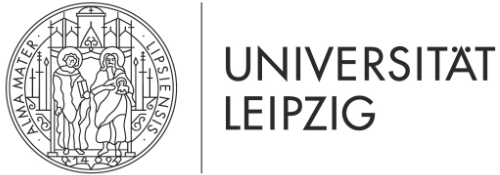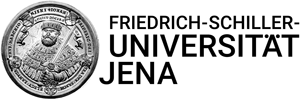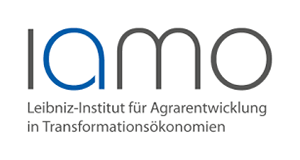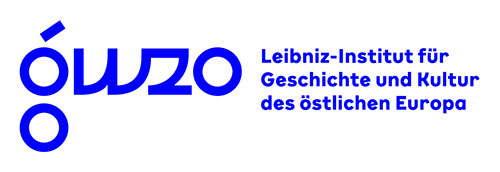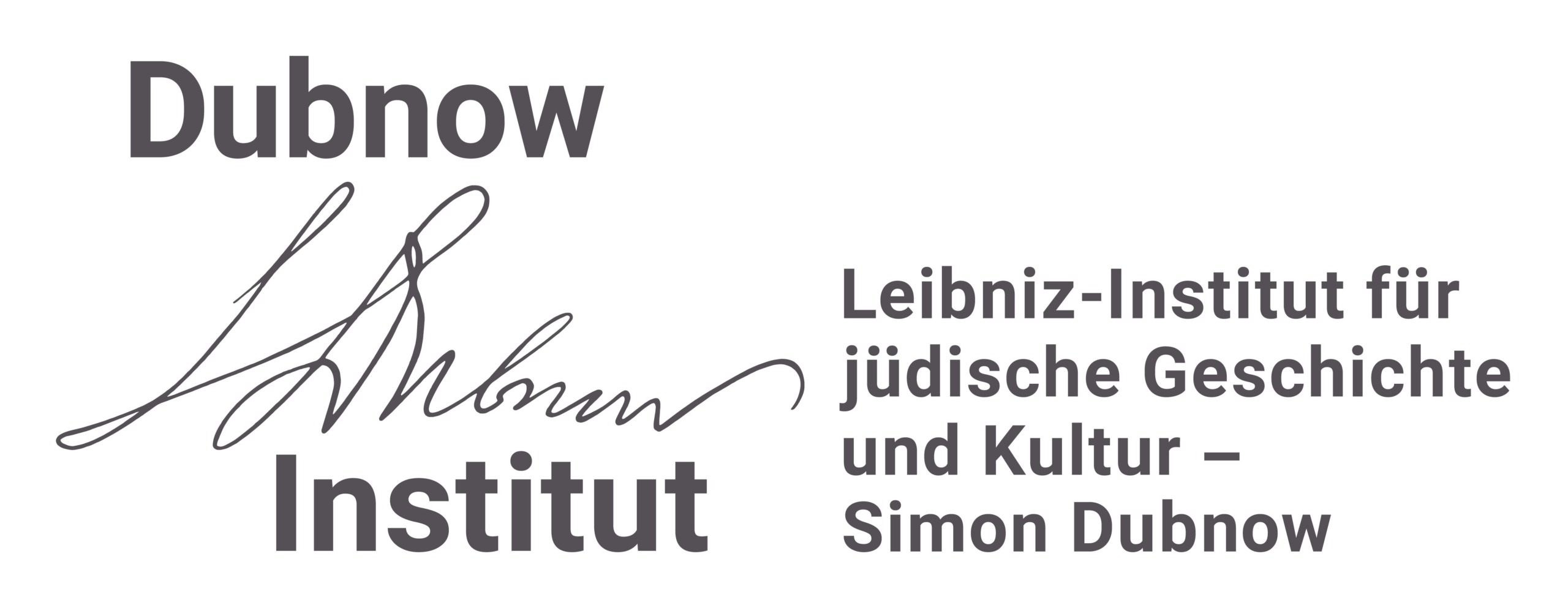Panel Discussion: Communist Actors in African Decolonial Transitions at VAD2024
The Institute of African Studies at the University of Bayreuth will be hosting the biannual conference of the Association for African Studies in Germany e.V. (VAD) from 30 September – 02 October 2024. The VAD2024 conference theme is „Reconfigurations in Africa – and in African Studies“, addressing current and past crises and processes of transformation on the African continent, as well as the need to critically reflect on the means — academic, artistic and otherwise – by which they approach them globally to expand knowledge production. To this point VAD2024 aims to bring Africa-related institutions outside of Africa, including museums, universities and associations, into conversation with parallel institutions in Africa.
EEGA is represented with a panel discussion on Communist Actors in African Decolonial Transitions:
Date: Monday, 30 September 2024, –, –
Convenors: Lena Dallywater (EEGA, Leibniz Institute for Regional Geography), Helder Adegar Fonseca (University of Évora), Chris Saunders (University of Cape Town)
Discussant: Robin E. Möser (University of Potsdam)
Panelists: Chris Saunders (University of Cape Town), Tycho van der Hoog (Netherlands Defence Academy), Helder Adegar Fonseca (University of Évora), Joao Fusco Ribeiro (University of Évora – Political Science Research Centre (CICP)), Barbora Menclová (Charles University), Ana Moledo (former EEGA PhD Fellow, Research Centre Global Dynamics, Leipzig University), Joël Baraka Akilimali (Université Catholique de Louvain Iacchos), Johanna M. Wetzel (University of Oxford), Amalia Dragani (Ecole des Hautes Etudes en Sciences sociales)
In the long and protracted process of decolonization in sub-Saharan Africa, a number of key moments in the political transition from colonial/white-ruled states to new independent majority-ruled states can be identified: the first (1957-1965), the second (1974-1977) and the third (1989-1994). The existing literature does not consider the roles of Communist actors in these transitions from a comparative perspective. This is the main focus of the round table discussion. With the perspective of the second thematic stream “Perspectives on current crises” in mind, the round table participants look back into the past of African decolonial transitions, and scrutinize actors and agents of change at the moments of evolutionary or revolutionary political transition for sovereignty and its consolidation. Political transitions are complex processes, a shift from one set of political procedures to another, from an old pattern of rule to a new one. It is an interval of intense political uncertainty during which the shape of the new institutional dispensation is established in a democratic, consensual or, more frequently, in a conflicting or “violent” manner. After a brief introduction into the overall theme, the round table participants unravel cases from Lusophone, Francophone, and Anglophone settings, to revisit and compare, and to discuss which ‘experts’, which ‘strategies’ lead to actual outcomes of negotiations in moments of crises, and who’s ideas are sidelined, and which transfers fail(ed). Although the round table is historically oriented, it thus provides food for thought for current global upheavals with consequences for societies on the African continent as well as on the African continent itself. The discussion speaks to other current projects dealing with the history of entanglements of African actors and societies in Eastern Europe and the Soviet Union (see, for example, Schade, Lazic, Záhořík), and the implications to the present day.
You can find more information on the panel discussion here.
You may ignore the form below. Please use the registration via the conference website instead.
